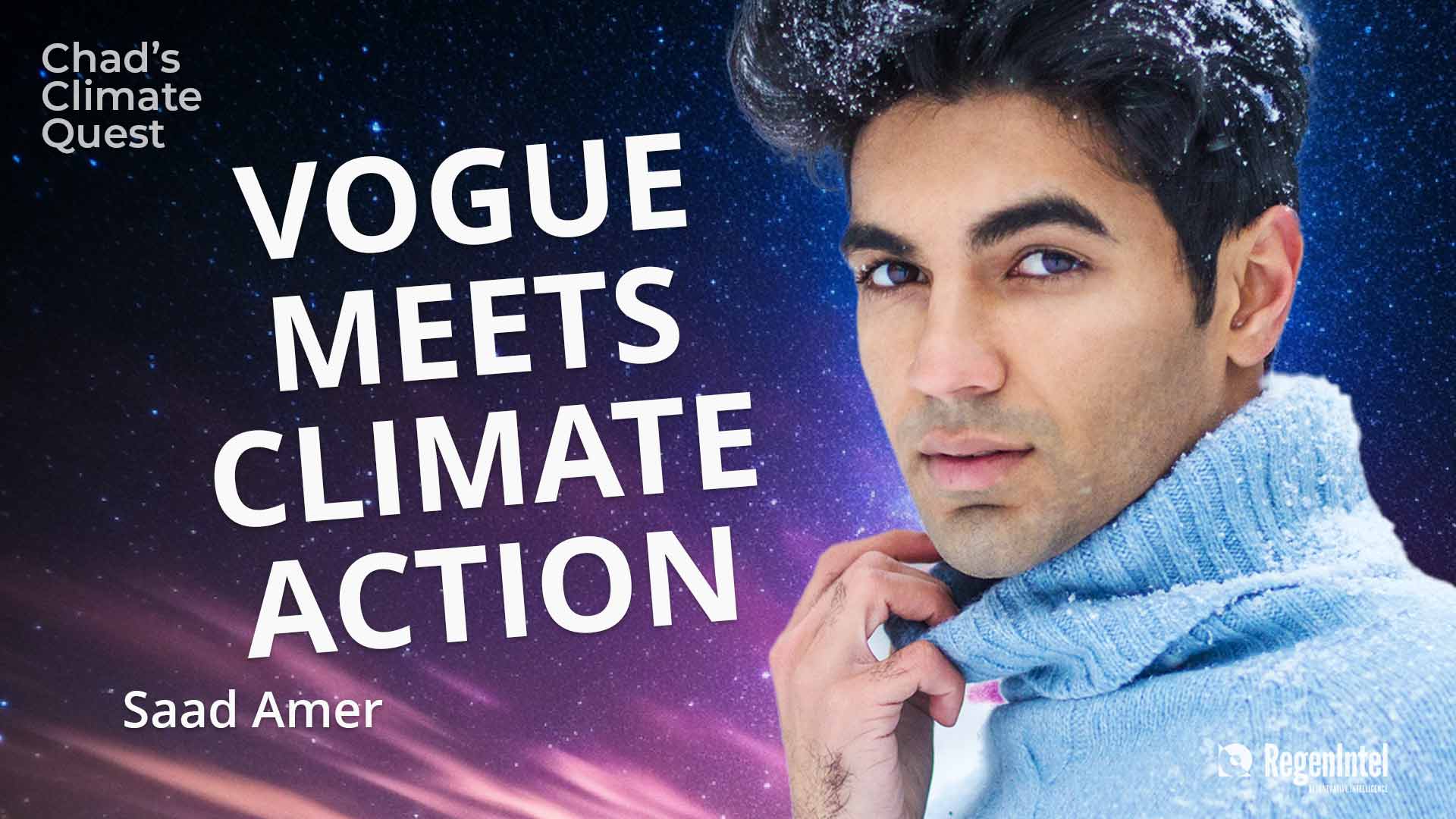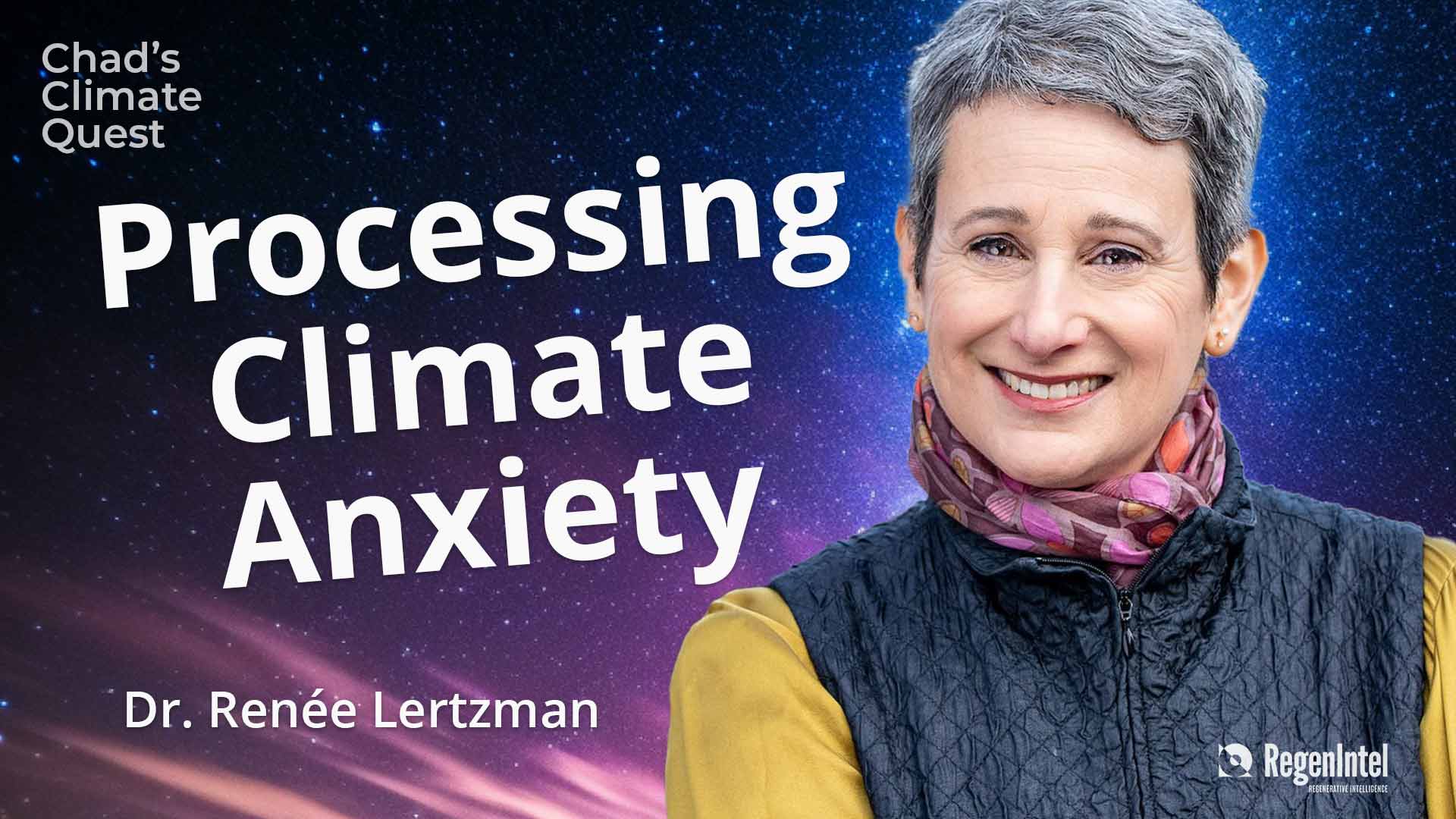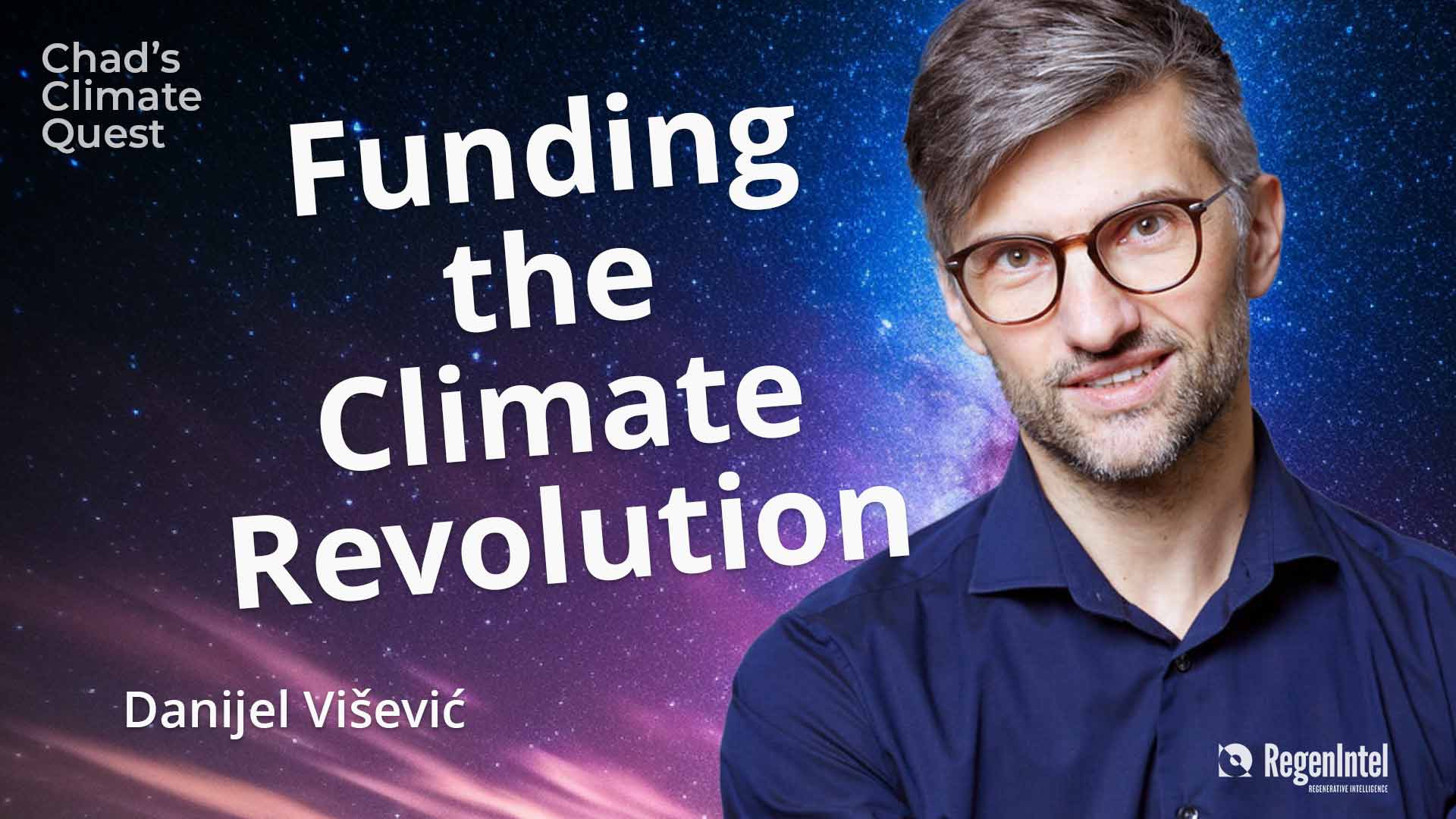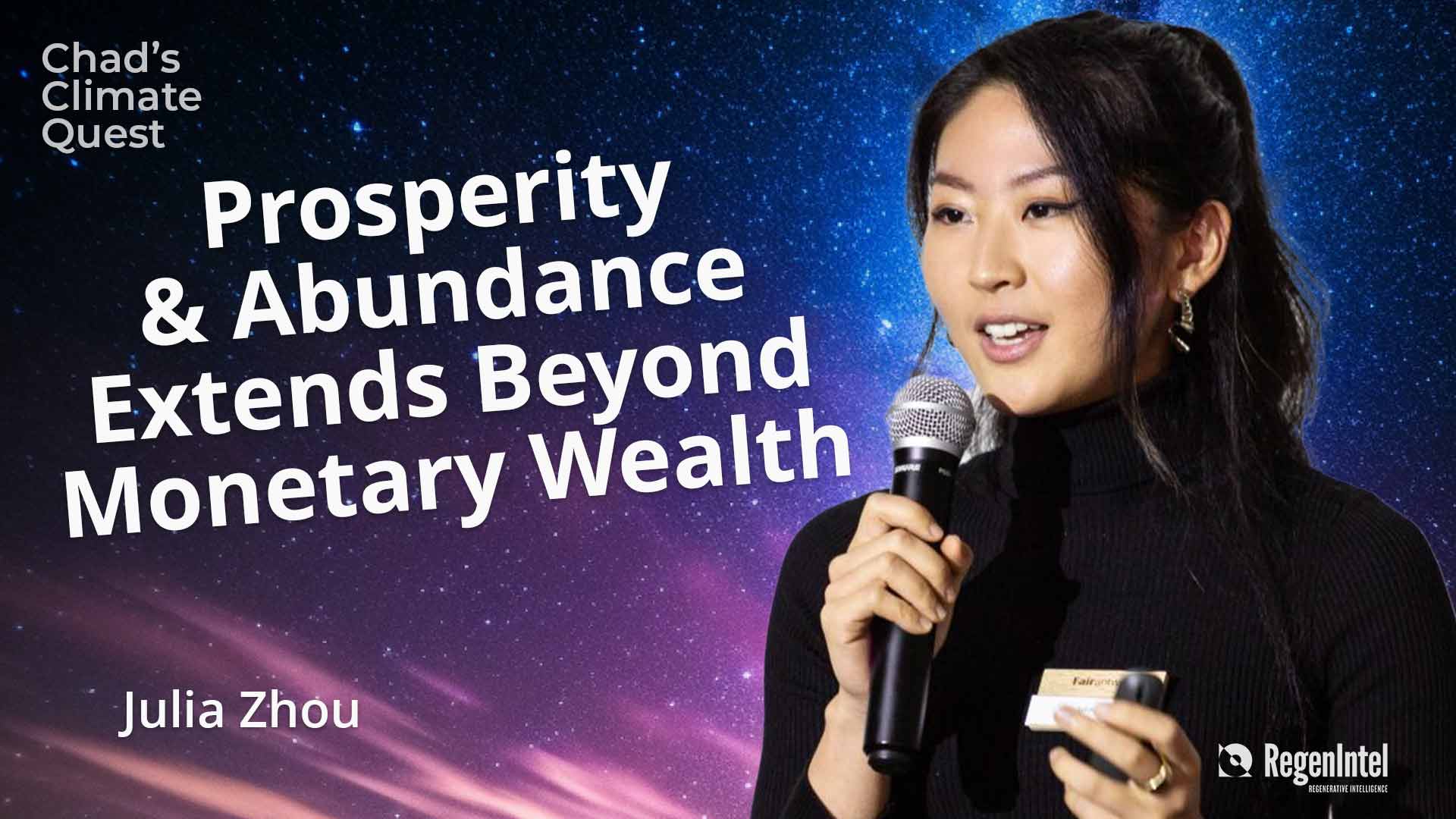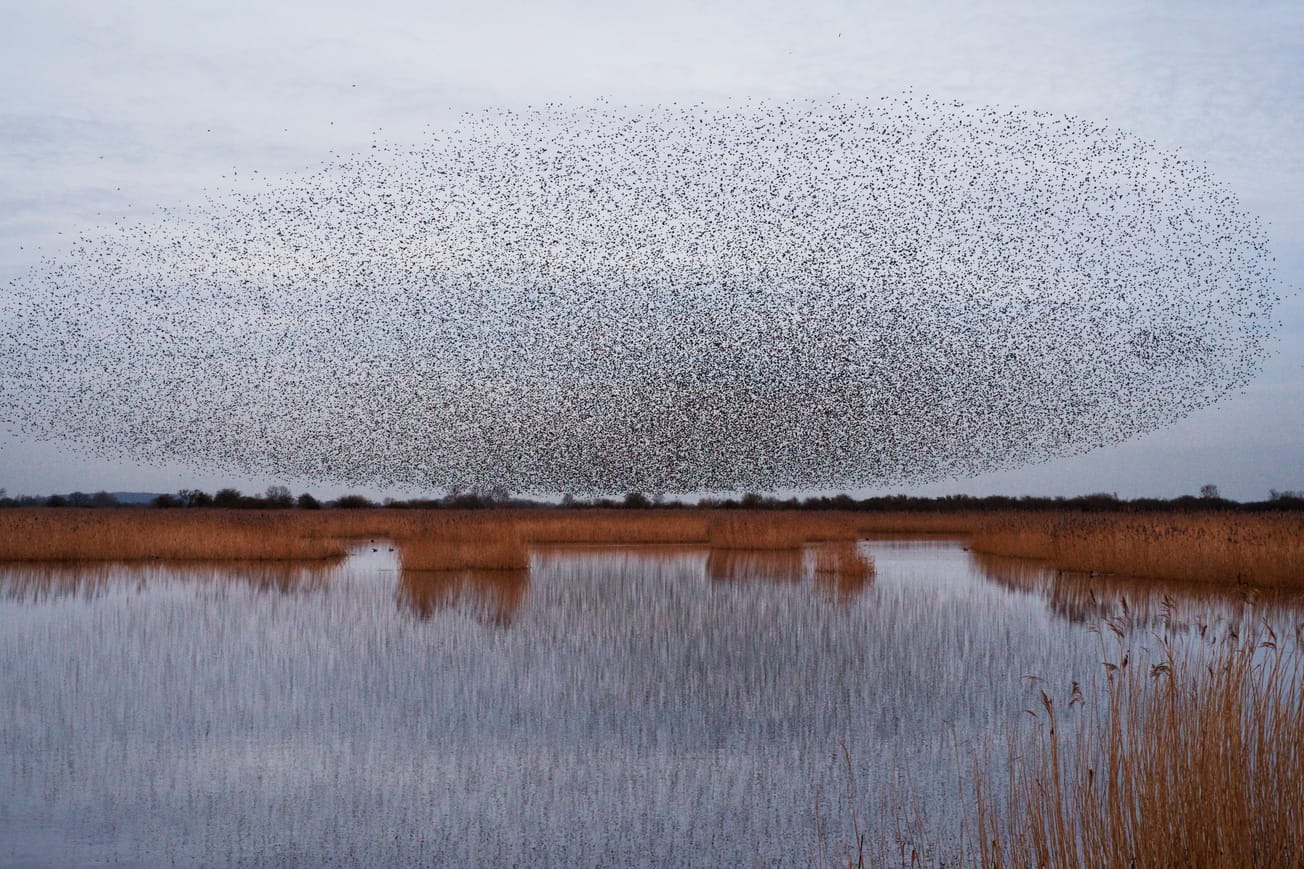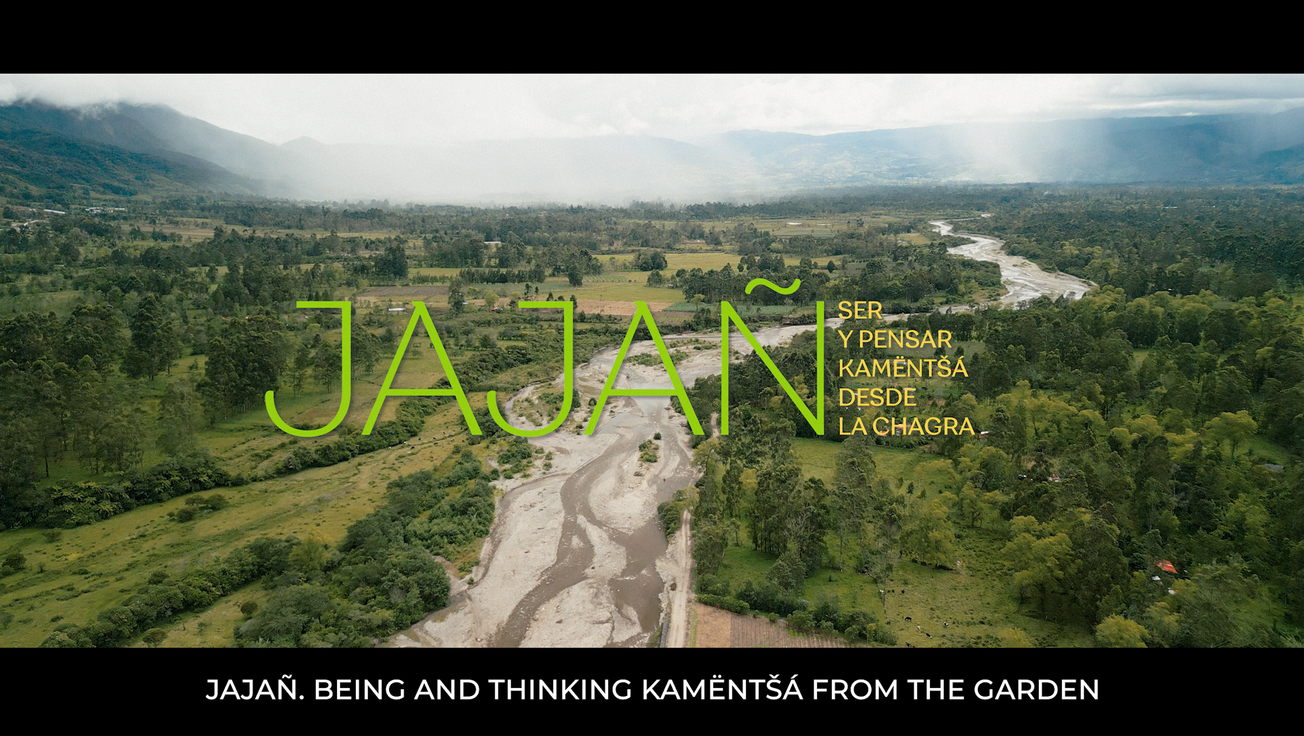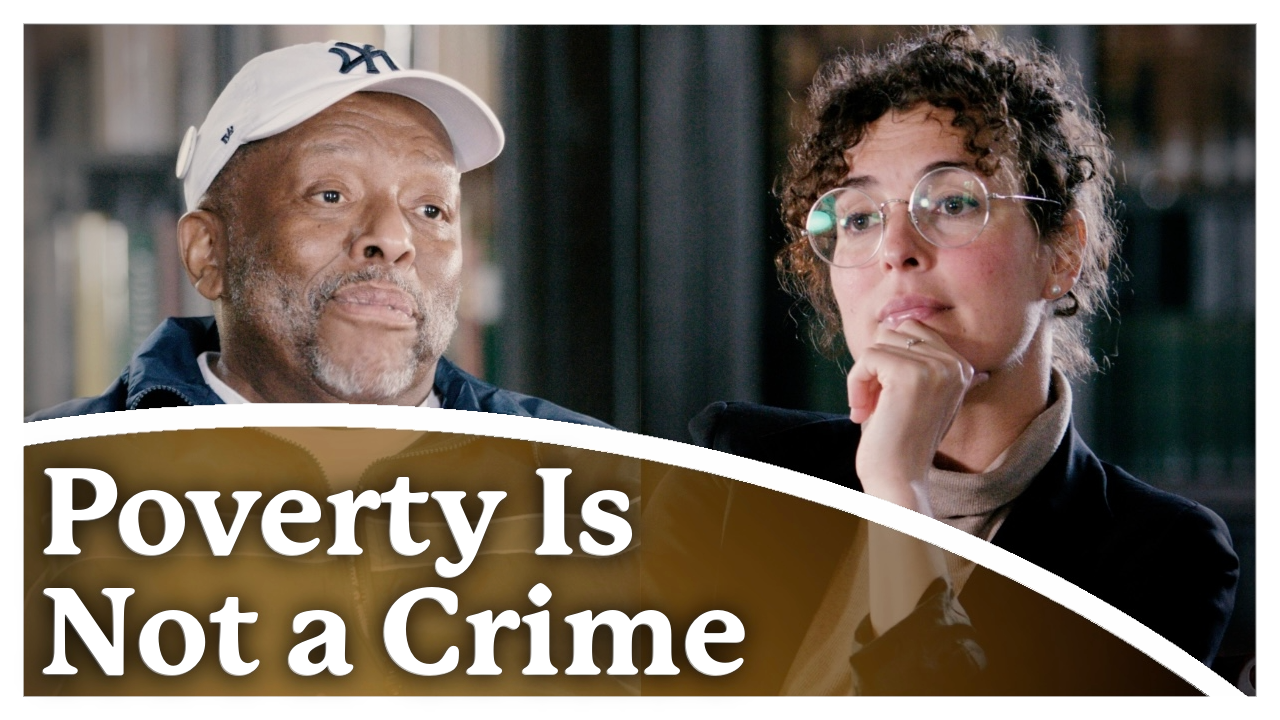Calling climate the “hidden liberal art,” David focused on its interdisciplinary nature and the necessity of integrated solutions. His own path has led from behavioral economics and social psychology to climate finance and collaborations with financial institutions to improve risk assessments, climate scenario planning, and sustainable finance disclosures.
Chad and David, accompanied by a live audience of Regen Intel fellows, delved into some acronyms that are becoming more familiar - TNFD (Taskforce on Nature-related Financial Disclosures) and NZBA (Net Zero Banking Alliance) - to break down their importance. David emphasized how these frameworks aim to shift market behavior by embedding nature and climate considerations into financial decision-making.
TNFD is a powerful attempt to make markets work better by helping financial institutions see and act on nature and climate risks. Quoting Nicholas Stern, Carlin said "Climate change is the greatest market failure in history." Markets don’t naturally see the long-term risks posed by deforestation, carbon emissions, or biodiversity loss. If they can’t price the risk, it keeps capital flowing to unsustainable activities. If it can’t be measured it can’t be managed. So the goal is to push and rethink the market system to manage risk and allocate capital to companies and projects that are more likely to succeed in a climate-stressed, nature-constrained world.
Simply, TNFD is set up to:
- Give companies and financial institutions tools to identify, assess, and disclose their exposure to nature-related risks.
- Expand what “risk” means — not just what affects profits, but what a company or bank is doing to harm the ecosystems it depends on.
- Encourage systemic thinking: how actions upstream or downstream ripple across the economy and environment.
David emphasized that TNFD is also about competitiveness. Institutions that embrace these concepts can lead the field.
Rethinking Impact
As a follow up, David introduced a new way to think about impact in finance — breaking it into three clear categories. Level 0 is Impact in name only or reclassification without real change. Level 1 is market-aligned impact with smart investments that shift from extractive or unprofitable to measured sustainable choices. Level 2 is catalytic impact that goes beyond what’s profitable to funding innovations and supporting the entire system.
Tune into Chad’s conversation with David to learn more about true climate and nature impact change, and learn more about him as a LinkedIn Influencer, providing complex climate finance insights through graphics, finance insights and information in easy-to-digest posts. As a communicator, David demonstrates the value of community learning and substance in a world flooded with noise.
David has a wealth of experience in collaborating with more than 100 financial institutions and climate scenarios, risk assessments and sustainability regulation. He's on the front line of finance for the benefit of the planet. Crafting best practices and environmental opportunities and understanding the risk of inaction. While actively contributing to pivotal initiatives like the Task Force on Nature-related Finance Disclosures and the Net Zero Banking Alliance, he also boasts a highly active social media presence, with 100,000 followers.



